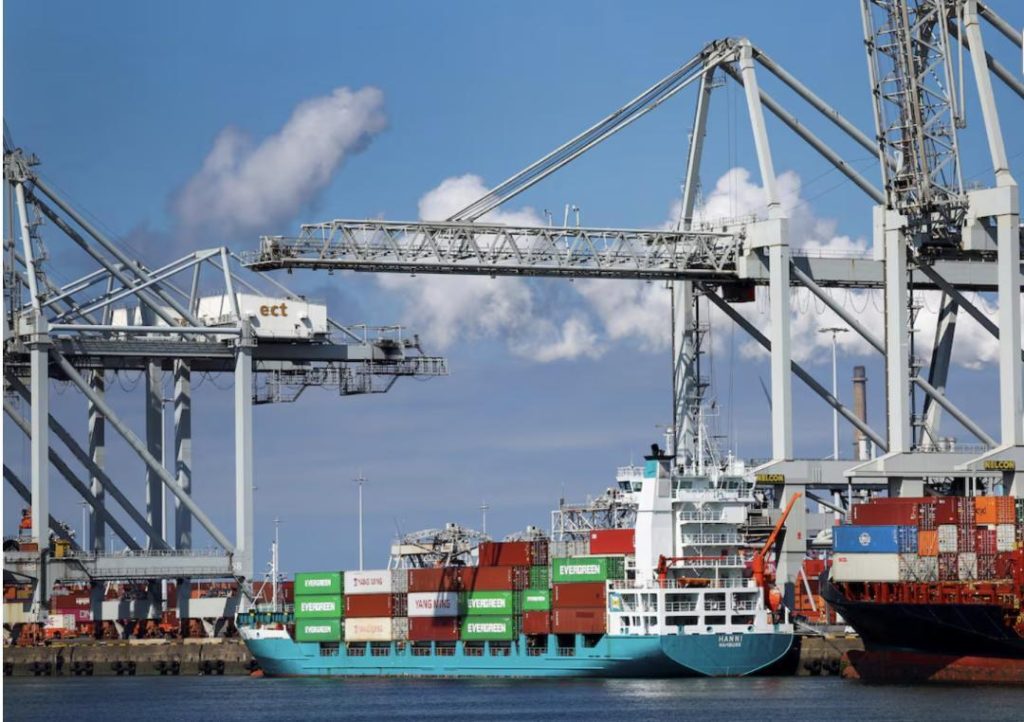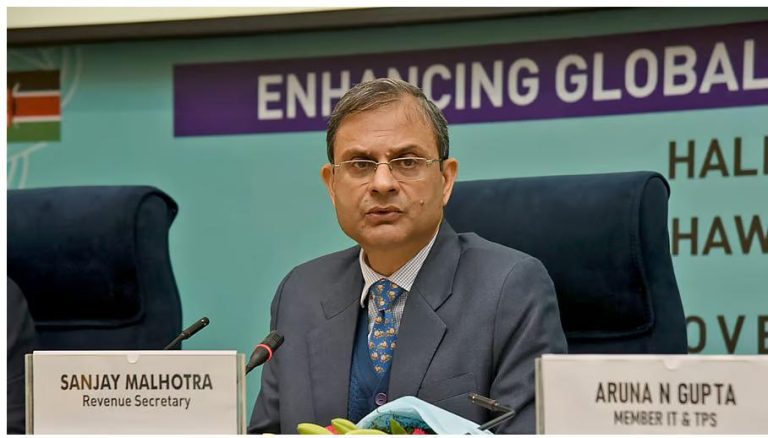
Economic Policy Uncertainty Reaches This Century’s Highest Level: Report
In early 2025, the Economic Policy Uncertainty Index (EPU) reached its highest level this century, sparking financial turbulence and raising concerns about the global economy’s prospects. According to the latest report from the United Nations Conference on Trade and Development (UNCTAD), the EPU surpassed peaks during the 2008 financial crisis and the COVID-19 pandemic.
The UNCTAD report, which can be accessed at https://unctad.org/news/trade-tensions-and-rising-uncertainty-drag-global-economy-towards-recession, highlights the escalating trade tensions and rising uncertainty as key factors driving the EPU to unprecedented levels. The report warns that the current situation could deepen the downturn and push the global economy towards recession.
The EPU is a widely used indicator that measures the level of uncertainty in economic policy-making. It is calculated based on the frequency and intensity of policy announcements, news, and social media discussions. The higher the EPU, the more uncertain the economic environment becomes, making it challenging for businesses, investors, and policymakers to make informed decisions.
The current EPU reading is concerning, as it reflects a significant increase in policy uncertainty since 2022. The report attributes this surge to several factors, including trade tensions, rising fragmentation, and the ongoing pandemic. The escalating trade tensions, in particular, are of great concern, as recent tariff hikes have undermined predictability and added to the uncertainty.
Rising fragmentation, which refers to the growing gap between different regions and countries, is another key factor contributing to the EPU’s high reading. As the global economy becomes more fragmented, trade relationships become more complex, and the risk of protectionism increases. This, in turn, makes it more challenging for businesses to operate across borders and for policymakers to implement effective trade policies.
The report also highlights the impact of the ongoing pandemic on the EPU. While the pandemic has had a significant impact on the global economy, it has also contributed to policy uncertainty. The report notes that the pandemic has led to a significant increase in government intervention in the economy, which has created uncertainty about the future direction of economic policy.
The consequences of high EPU are far-reaching and can have significant impacts on the global economy. When policy uncertainty is high, businesses are less likely to invest, and consumers are less likely to spend. This can lead to a decrease in economic activity, which can have devastating effects on employment and economic growth.
The report’s findings are a wake-up call for policymakers, businesses, and investors. In order to mitigate the effects of high EPU, policymakers must work to reduce policy uncertainty and create a more stable economic environment. This can be achieved through the implementation of clear and consistent policies, the promotion of international cooperation, and the provision of targeted support to affected industries and communities.
In conclusion, the Economic Policy Uncertainty Index has reached its highest level this century, sparking financial turbulence and raising concerns about the global economy’s prospects. The report highlights the escalating trade tensions, rising fragmentation, and ongoing pandemic as key factors driving the EPU to unprecedented levels. Policymakers, businesses, and investors must work together to reduce policy uncertainty and create a more stable economic environment.
Source:
https://unctad.org/news/trade-tensions-and-rising-uncertainty-drag-global-economy-towards-recession






